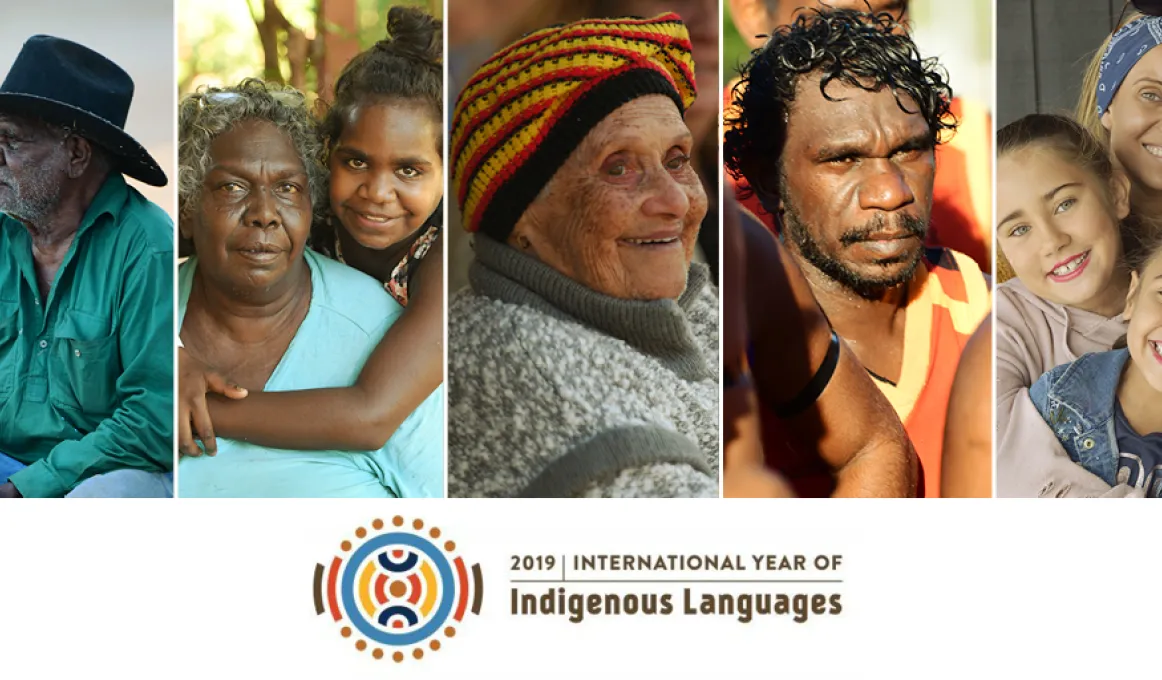Indigenous Languages Celebrated in 2019

As the sun came up over the horizon on January 1 it marked the dawn of the International Year of Indigenous Languages.
As the sun came up over the horizon on January 1 it marked the dawn of the International Year of Indigenous Languages.
The United Nations (UN) declared international year will give Australia 12 months to raise awareness of its own unique forms of communication.
The UN’s Permanent Forum on Indigenous Issues has previously warned that 40 per cent of the estimated 6,700 languages spoken around the world were in danger of disappearing.
The Australian Institute of Aboriginal and Torres Strait Islander Studies (AIATSIS) has continually assessed the state of indigenous languages and language programs around the country.
In 2019 AIATSIS and Department of Communications and the Arts will conduct a National Indigenous Languages Survey, to update the findings of the latest survey which was done in 2014.
AIATSIS chairman, professor Mick Dodson said the survey results back then had painted a complex picture of the health of Indigenous languages in Australia. “From the information collected we estimate there’s around 120 Indigenous languages still spoken today - a drop from 145 in 2005,’’ he said. “But at the same time, languages such as Wiradjuri from central western NSW are being revived and are now taught to children in local schools.” Mr Dodson said respondents to the survey held a unanimous view that connecting with and learning about language had a powerful beneficial effect on wellbeing.
The UN has stated that language plays an important part in shaping an individual’s identity. “Languages play a crucial role in the daily lives of people, not only as a tool for communication, education, social integration and development, but also as a repository for each person's unique identity, cultural history, traditions and memory,’’ it stated. “But despite their immense value, languages around the world continue to disappear at an alarming rate.”
“With this in mind, the United Nations declared 2019 The Year of Indigenous Languages in order to raise awareness of them, not only to benefit the people who speak these languages, but also for others to appreciate the important contribution they make to our world's rich cultural diversity.”